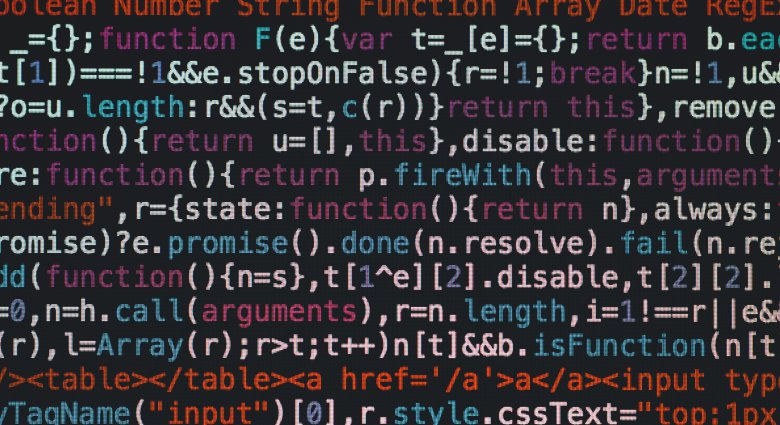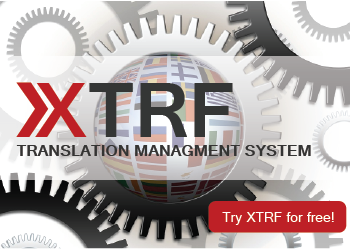
What A Business Rules Engine Can Do For Your Organization
Businesses are complex organizations that depend on intricate and dynamic processes to thrive and grow. Companies of varying sizes rely on thousands of decisions every day to verify transactions, estimate benefits, determine commission rates, and process claims.
Business Rules Engines Across Industries
Rules engines are widespread in industries that require quick responses, such as insurance, finance, healthcare. Business rules engines are also popular with fintechs because they depend on countless rules every single day.
Business rules engines are applications that manage and run business rules. Business rules are simple, yet robust if-then statements that help run and optimize all the essential processes in a company. A business rules engine runs these rules against a data set and produces either a true or a false outcome.
Business rules can describe best practices, regulations, company policies, product/service attributes, pricing, and so much more.
What is a Business Rules Engine?
Business rules engines were developed to solve a serious problem that impeded the growth of companies across different sectors.
The business logic used to reside within a company’s application code. This wasn’t a good design because even the smallest modifications to the business logic would take an extremely long time. It would commonly take months before the software was updated because the IT staff would be occupied with other projects.
This was an overwhelming problem for many companies that used discounts and dynamic pricing to drive sales and revenue.
The solution to this problem was the development of business rules engines.
A business rules engine is a piece of software that separates business logic from the hard code and handles decisions using conditional statements.
Business rules describe what sort of actions a system should take when certain conditions are met. The basic structure of a business rule typically looks like this:
- when [certain conditions are met]
- then [produce a result]
Even though this when-then statement is generic, it can cover a lot. This is how a business rule can execute a company policy, for example:
When a first-time buyer makes a purchase of over $100, then they receive a 15% discount and free international shipping.
Business rules engines are especially effective when there are continuous adjustments in legal regulations or business rules which also require logic changes.
Advantages
One of the most powerful and attractive features of business rules engines is the capability to handle rules without going into the application code. As a result, business users are able to manage rules without relying on the technical skills of their IT department.
For this reason, organizations become more nimble and are able to react in real-time to fluctuating market conditions.
Operational Productivity
Rules engines empower the IT department by giving technical employees more time to focus on more critical projects. Clearly, team members who focus on the technical side of operations don’t understand all the nuances of the business to successfully include all the necessary rules into a piece of software. Business rules engines give companies a competitive edge precisely because business users are allowed to create and maintain rules in real-time.
Improves Cooperation
Another advantage of rules engines is that several teams can manage an app. Companies can use the knowledge and skills of their staff without training them to develop complicated software.
So, in summary, the main advantages of rules engines include:
- It’s much simpler to maintain applications
- Companies are able to react to changing market conditions in real-time due to the flexibility of applications
- Businesses of all sizes can unlock the potential of their staff while freeing up IT resources
Non-technical team members are able to develop and maintain innovative products without support from IT. At the same time, IT employees can concentrate on other mission-critical tasks and projects.
Summary
Business rules engines need to be integrated into existing software. Once the rules engine is integrated, business and non-technical users can write and manage rules and return the outcomes the rules generate back to the application.
External partner's article
View

Where to buy high-quality aluminum profiles?

How to Create an Effective HR Communication Plan for New Hires






























